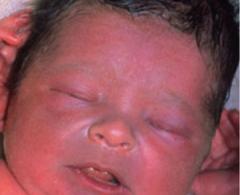
This Article From Issue
March-April 2009
Volume 97, Number 2
Page 93
DOI: 10.1511/2009.77.93
To the Editors:
The Science Observer article “What’s All the Flap About?” (Fenella Saunders, January–February 2009) is interesting. However, it does not mention the interrelationships between the bright colors of butterflies (warning advertisements) and their toxicity to predators (particularly birds) or the nontoxic butterfly species that mimic the toxic ones. The hind wings add much surface area for coloration advertisement.
Ray C. Telfair II
Whitehouse, TX

American Scientist Comments and Discussion
To discuss our articles or comment on them, please share them and tag American Scientist on social media platforms. Here are links to our profiles on Twitter, Facebook, and LinkedIn.
If we re-share your post, we will moderate comments/discussion following our comments policy.